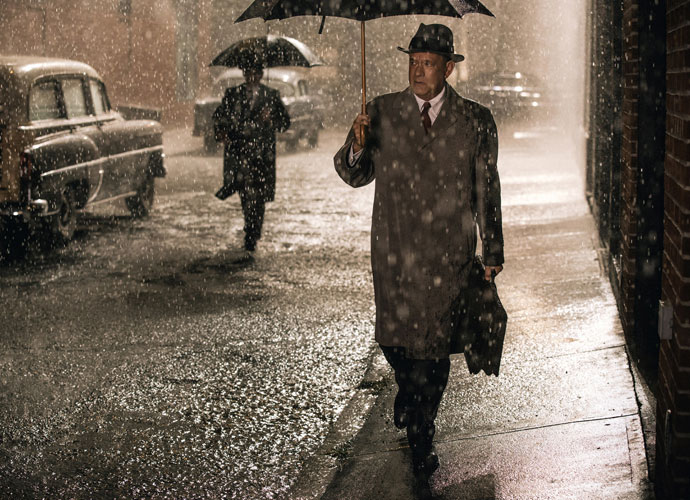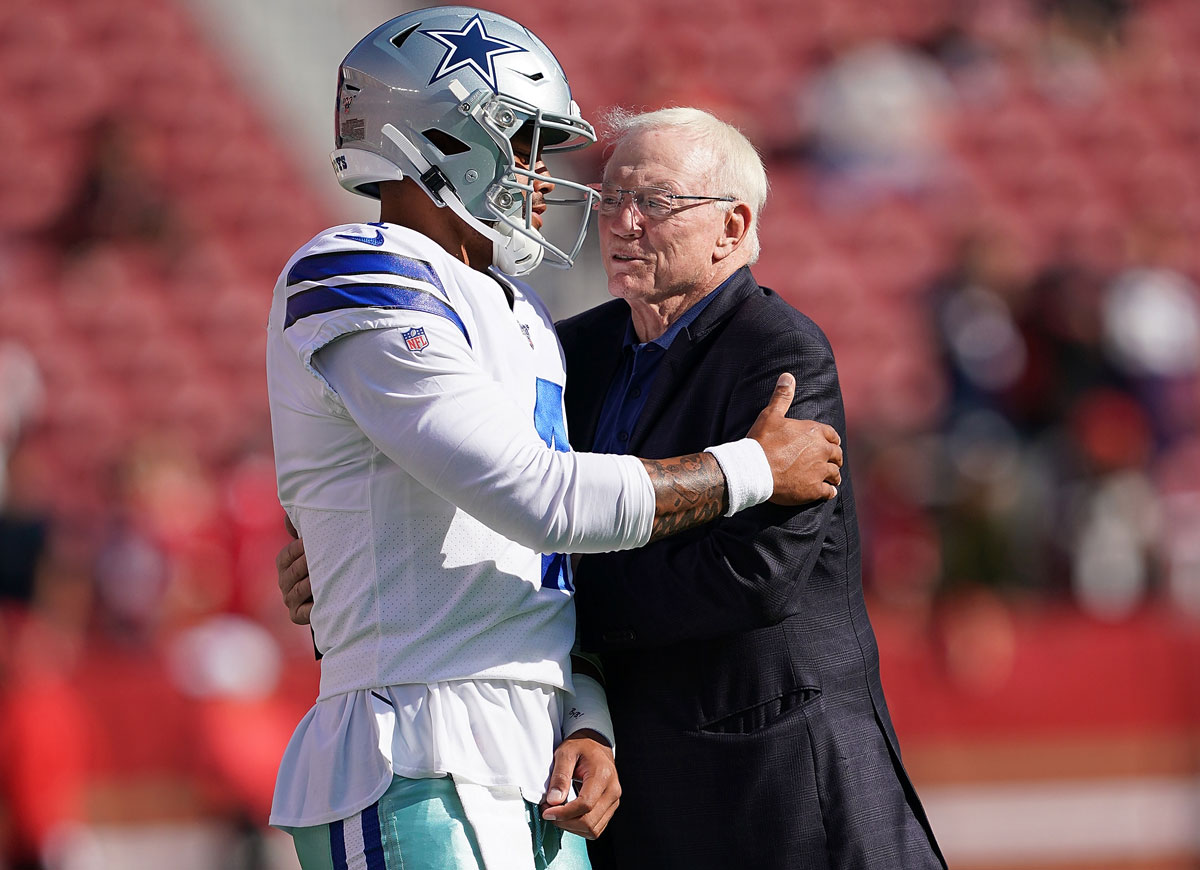‘Bridge of Spies’ Movie Review: Tom Hanks Plays a Lawyer Out Of Place In This International Spy Thriller

5/5
Bridge of Spies is not so much a spy movie as it is a film that highlights the characteristics of the our justice system as a representation of American values. In fact, as far as spy stories run, Bridge of Spies has all the old tricks: Hollow nickels stuck plainly to the bottom of park benches; two umbrellas ambling about beneath the streetlamps, one following the other; numerical codes; and poison as a preventative for capture. But once the spies are captured, the humanitarian work begins for James B. Donovan (Tom Hanks) to save the lives of men on both sides from the ideological savagery of their home nations. Donovan, a Brooklyn insurance lawyer is put to task to mediate a prisoner exchange between two nuclear powers who refuse to communicate in any civil manner. Bridge of Spies is successful in that praises ideology while simultaneously condemning it. It shows us how ideology can be a blinding force, but also a conduit through which we can be brought back to reality.
‘Bridge of Spies’ Movie Review
Rudolf Abel (Mark Rylance) is a painter on the streets of New York City. As many artists in the city, he is an emigre. A plain man with a Northern English accent and a placid demeanor. As he is arrested and given due process for his crimes, we begin to understand why he is a spy: nothing gets the best of him. He doesn’t panic, and almost views his fate with a sort of humor. This is perhaps the result of life in a police state. It is exactly this attitude that convinces Donovan that taking Abel’s case is not just a matter of giving each man a defense regardless of popularity, but that Abel has a striking humanity that is worth saving.
Abel is facing the electric chair. When asked if he’s worried, he responds with “Would it help?” But Donovan is worried. He convinces the judge that keeping Abel alive may be behoove the U.S government in the event that an American spy is captured and a prisoner exchange may be arranged. Donovan views his mission as a quest to make an example to the world the integrity and fairness of the American justice system. That if Abel is treated to the hysteria of McCarthyism, then the values of the nation would be put to shame. After all, it is the restraint of our courts that form the basis of the foundation of our country.
Donovan’s forethought is rewarded by more work when Lieutenant Gary Francis Gary Powers is shot down while taking photos above Russian air space. Abel is worthy of exchange with powers because they are both good soldiers who refuse accommodation from the enemy.
So Donovan heads to Berlin where they wall is being newly erected between east and west. The city on both sides is in despair. Few repairs have been made since WWII. This is where Frederic Pryor is caught in the Democratic German Republic with a copy of his PhD dissertation. He is then held as a spy. So now Donovan must negotiate for both Americans in exchange for one Soviet.
During a period of dehumanizing hatred between two nations, Abel comes represent the reality of conflict. That there are two sides, good soldiers on each with values that each will endure torture over. The film expresses to the viewers the futility of political ideology, the arbitrary standards under which people stand, and that our country is founded on the precepts of fairness in the face of scrutiny and chaos. Bridge of Spies may lack creativity for fans of the spy genre, but it is a film that many Americans should consider seeing. As Donovan says to his Soviet counterpart, “We need to have the conversation that our governments cannot.”
Pictured: Tom Hanks as James B. Donovan.
https://youtu.be/2-2x3r1m2I4
Get the most-revealing celebrity conversations with the uInterview podcast!

 Click here for the Best Celebrity Bikini Bodies Slideshow
Click here for the Best Celebrity Bikini Bodies Slideshow



Leave a comment